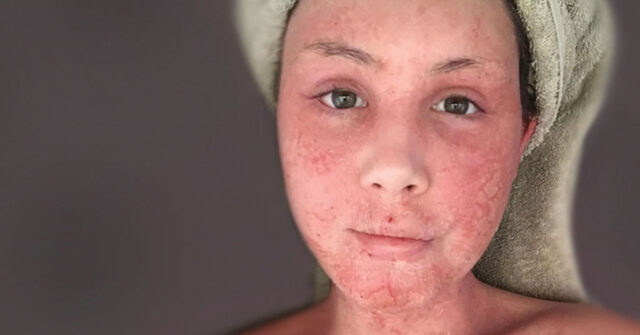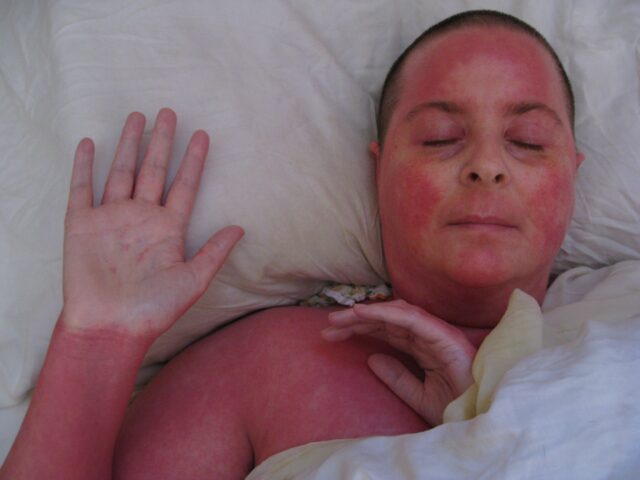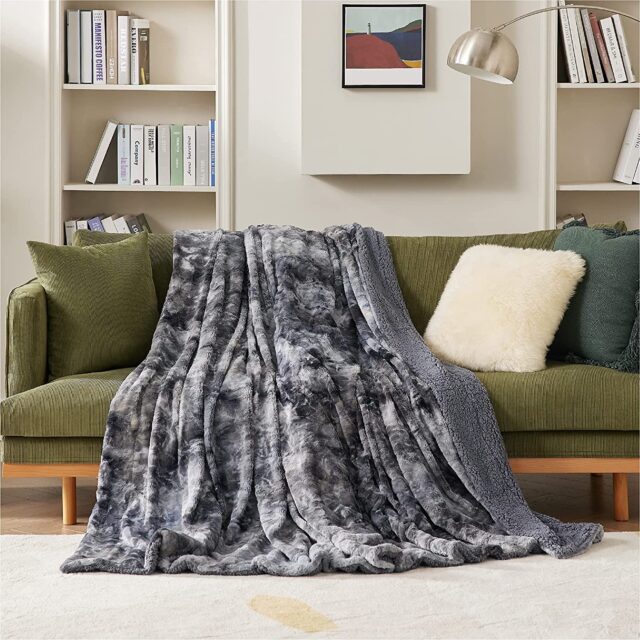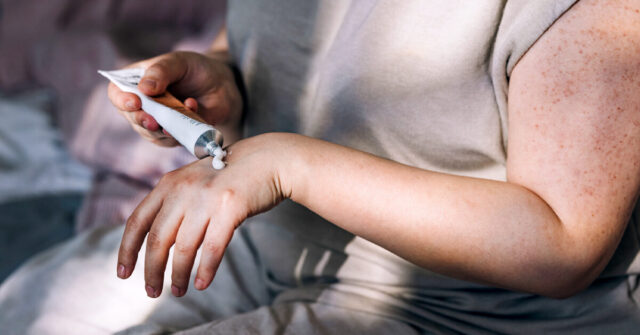
Skin conditions don’t choose their next victims as they can happen to anyone, regardless of age and color. What’s so frustrating is that the exact causes of certain skin conditions are undetermined. Is it hormones? Or perhaps it’s an allergen you didn’t know you’re sensitive to? Whatever the case, skin conditions are a pain to deal with.
To soothe these skin conditions, skincare experts recommend different products. Whether organic or chemical-based, these products tend to be hit-and-miss. Therefore, you can say that looking for the perfect product is a tad challenging. However, there’s a potent solution—topical steroids.
What Are Topical Steroids?
Also called corticosteroids, topical steroids are an anti-inflammatory solution. They serve as a balm for skin conditions like eczema or dermatitis. Steroids can do this by simulating natural corticosteroid hormones produced by adrenal glands. By mimicking these natural hormones, topical steroids lower inflammation and slow the activity in the immune system.
What Is Topical Steroid Withdrawal?

According to TSW Assist, topical steroids may harm users despite being prescribed by a doctor, particularly if used longer or more frequently than recommended. In some cases, topical steroid withdrawal (TSW) may occur. This is an adverse reaction when you discontinue topical steroids after prolonged usage. It was observed that the longer and more frequently you’ve used topical steroids, the worse the withdrawal reaction will be. Signs and symptoms of TSW include the following:
- Red burning skin
- Skin inflammation
- Skin rashes
- Skin peeling
- Insomnia
- Nerve pain
Judging from the above, TSW can be detrimental to one’s health and quality of life. The bad news is that the symptoms associated with TSW may last for weeks, months, or years, as reported by those who suffer from it.
How Can You Manage TSW?
Unfortunately, there’s no standard treatment for TSW as this condition is considered rare. Researchers are still trying to figure out why some people develop TSW while others don’t.
For this reason, people who suffer from TSW typically join a community, where the members share solutions or ways to reduce the burning sensation and alleviate suffering.
Here are some crowd-sourced ways to manage TSW:
1. Be Generous With Nutrients

Ever since you cut off topical steroids from your life completely, your body’s bound to undergo hormonal imbalance. And this imbalance is the root problem of the many TSW symptoms mentioned earlier. Hair loss, emotional issues, and skin inflammation are related to hormonal imbalance. So, you need to nourish your body with all the nutrients it needs.
Early in the morning, try to soak up as much sunlight as possible as it’s the best source of Vitamin D. Going outside to revel in nature is a great way to start the day, and the reason behind it is also scientific. Vitamin D helps alleviate skin swelling while strengthening your immune system and brain cell activity. In addition to spending time under the sun, you may consider taking Vitamin D supplements.
Aside from Vitamin D, you’ll need more nutrients to achieve hormonal balance and create new skin cells to replace damaged ones. Listed below are vitamins and minerals that could provide additional benefits:
- B Vitamins
- Omega oils
- Magnesium
- Calcium
Diet is also crucial. To prevent symptoms from flaring up, you may have to avoid coffee, desserts, and highly processed foods.
2. Cool Down
Mostly everyone had experienced itchy skin. An itch could be troublesome, especially if no amount of scratching seems to bring relief. Worse, scratching could cause more problems like redness or bleeding.
Since it’s a challenge to stop oneself from scratching, your next best option is to apply a cold compress where it’s itchy. Try cold therapy to soothe any skin irritation if a cold compress is not enough. Just cool yourself down as much as you can and avoid excessive heat.
3. Maximum Softness

With how sensitive your skin is, you need to be extra careful. So, to make sure you’re comfortable, wear skin-friendly clothes made of hypoallergenic fabric.
Avoid fabrics like spandex, polyester, nylon, and rayon as they tend to retain moisture that could cause skin irritations. Your best bets are natural fabrics such as cotton, linen, silk, and bamboo. Wearing loose clothes is also highly recommended.
4. Routine Cleaning
Since your skin has become ultra-sensitive, you need to avoid dirt and dust, which could easily trigger a flare-up. Even pet dander could trigger an allergic reaction, so it would be wiser to avoid cats and dogs in the meantime.
So, as much as you can, clean up your place and change your towels and sheets regularly to avoid skin irritations due to dirt and dust.
5. Find Time For Enjoyment

The effects of hormonal imbalance aren’t limited to your skin alone. Since these chemicals are found in the brain, even your mental health might also be affected.
So, to help improve your mental well-being, do activities that make you happy. Listen to your playlists, engage in your favorite hobbies, read a book—do all the things you enjoy the most.
If these don’t work, you can always try out something new. Nowadays, it’s rare for people to go out and enjoy some time under the sun. However, doing something as simple as this can improve your mood. And moving your limbs can boost activity in your lymphatic system, also called the body’s drainage system.
6. Look On The Bright Side
With the distressing effects of TSW on your body, you might find yourself in a bad spot. You might even think you look ‘disgusting’ right now because of how damaged your skin is. Or you might feel awful and exhausted because you can’t get quality sleep.
Just remember that your suffering will pass. As long as you do your part to improve your physical and mental well-being, each day will bring you closer to complete recovery.
Takeaway

Despite its effectiveness as an anti-inflammatory agent for skin problems, topical steroids should be used appropriately. You should not use them for prolonged periods or more frequently than prescribed by your doctor.
It’s recommended that the frequency of use be tapered before discontinuing its use entirely. And because many aren’t aware of these precautions, topical steroid withdrawal symptoms could be unexpectedly severe. But even without standard treatment, you can manage the symptoms and ease the suffering as you embark on a healing journey.






